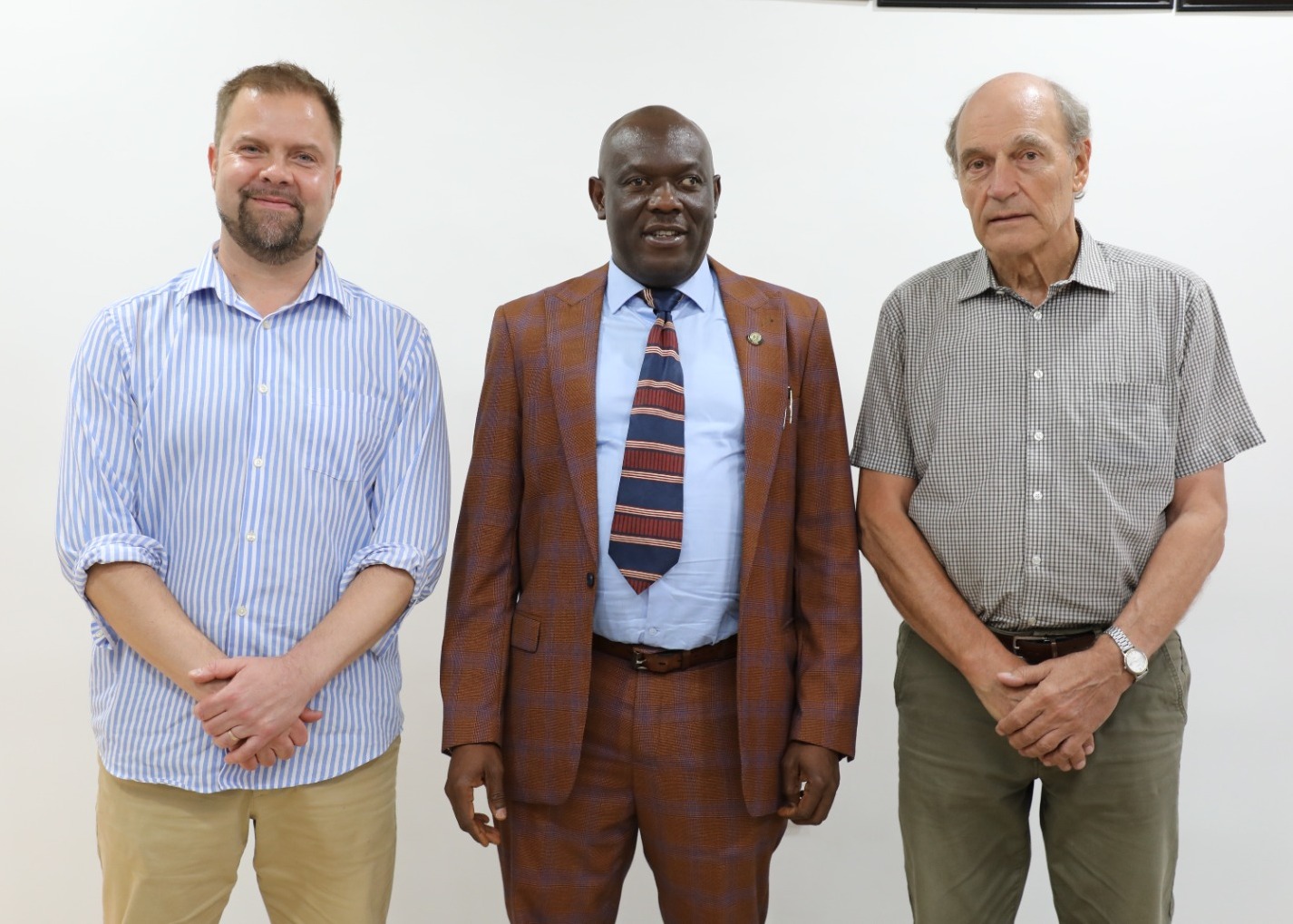Rivers
Stakeholders Seek Review Of Ogoni Power Project …Give HYPREP’s Project Coordinator Confidence Vote

Rivers
Rivers High Court Restrain Trustees, Knights of St. John International, Others From Conducting Election
The High Court sitting in Port Harcourt, Rivers State, has restrained the registered trustees of Knights of St John International, Supreme Subordinate Commandery, Nigeria, and four others from conducting elections into Our Lady of Holy Rosary Local Commandery No 920 CIWA, Port Harcourt, District 48 Commandery elections, and Supreme Subordinate elections of the Knights of St John International, Nigeria, pending the determination of the substantive matters before them.
Justice G.C. Aguma and Justice V.C. Ugoji, in their separate interim orders of injunction issued in Suit No: PHC/4410/CS/2025 and Suit No: PHC/4359/CS/2025, respectively, restrained the defendants, whether by themselves, their privies, agents, servants, or any person or group of persons working under them, from conducting elections into Our Lady of Holy Rosary Local Commandery No 920, CIWA Port Harcourt, District 48 Commandery, Port Harcourt Commandery, and Supreme Subordinate of Knights of St John International, Nigeria.
The claimants, Sir Njoku Chukwuemeka Andrew and Sir Chukwuemeka Martin Mba, in separate suits, through their legal representatives, dragged the defendants to court, seeking an order to restrain them from appointing or installing any interim caretaker executive or leadership to run or pilot the affairs of St John International, Our Lady of Holy Rosary Local Commandery No 920, CIWA, Port Harcourt.
The defendants in the matter are: Registered Trustees of Knights of St John International, Supreme Subordinate Commandery, Nigeria; Brig. Gen. Emmanuel Ufuoma Okene, the Grand President, Port Harcourt Grand Commandery, Knights of St John International; Noble Brother Viktor Benebo, the Chairman Investigation Committee set up by the 2nd Defendant to investigate the claimants; Sir Architect Prempeh Ebiware, the District 48 Commander, Knights of St John International, Port Harcourt; and Sir Harry Oruma, member of Knights of St John International, Our Lady of Holy Commandery No 920, CIWA, Port Harcourt.
The two judges, after listening to the counsels in the matter, granted the claimants’ request and adjourned the matter to 10/12/2025 and 16/12/2025, respectively, for hearing of the motion on notice.
Rivers
Police Arrest Workman Over Attack On Supervisor

Rivers
Degema LGA Affirms Ngeribrama As Autonomous Community

-

 Business3 days ago
Business3 days agoCBN Revises Cash Withdrawal Rules January 2026, Ends Special Authorisation
-
Business3 days ago
Shippers Council Vows Commitment To Security At Nigerian Ports
-

 Business3 days ago
Business3 days agoNigeria Risks Talents Exodus In Oil And Gas Sector – PENGASSAN
-

 Business3 days ago
Business3 days agoFIRS Clarifies New Tax Laws, Debunks Levy Misconceptions
-
Sports3 days ago
Obagi Emerges OML 58 Football Cup Champions
-

 Politics3 days ago
Politics3 days agoTinubu Increases Ambassador-nominees to 65, Seeks Senate’s Confirmation
-
Business3 days ago
NCDMB, Others Task Youths On Skills Acquisition, Peace
-

 Sports3 days ago
Sports3 days agoFOOTBALL FANS FIESTA IN PH IS TO PROMOTE PEACE, UNITY – Oputa

